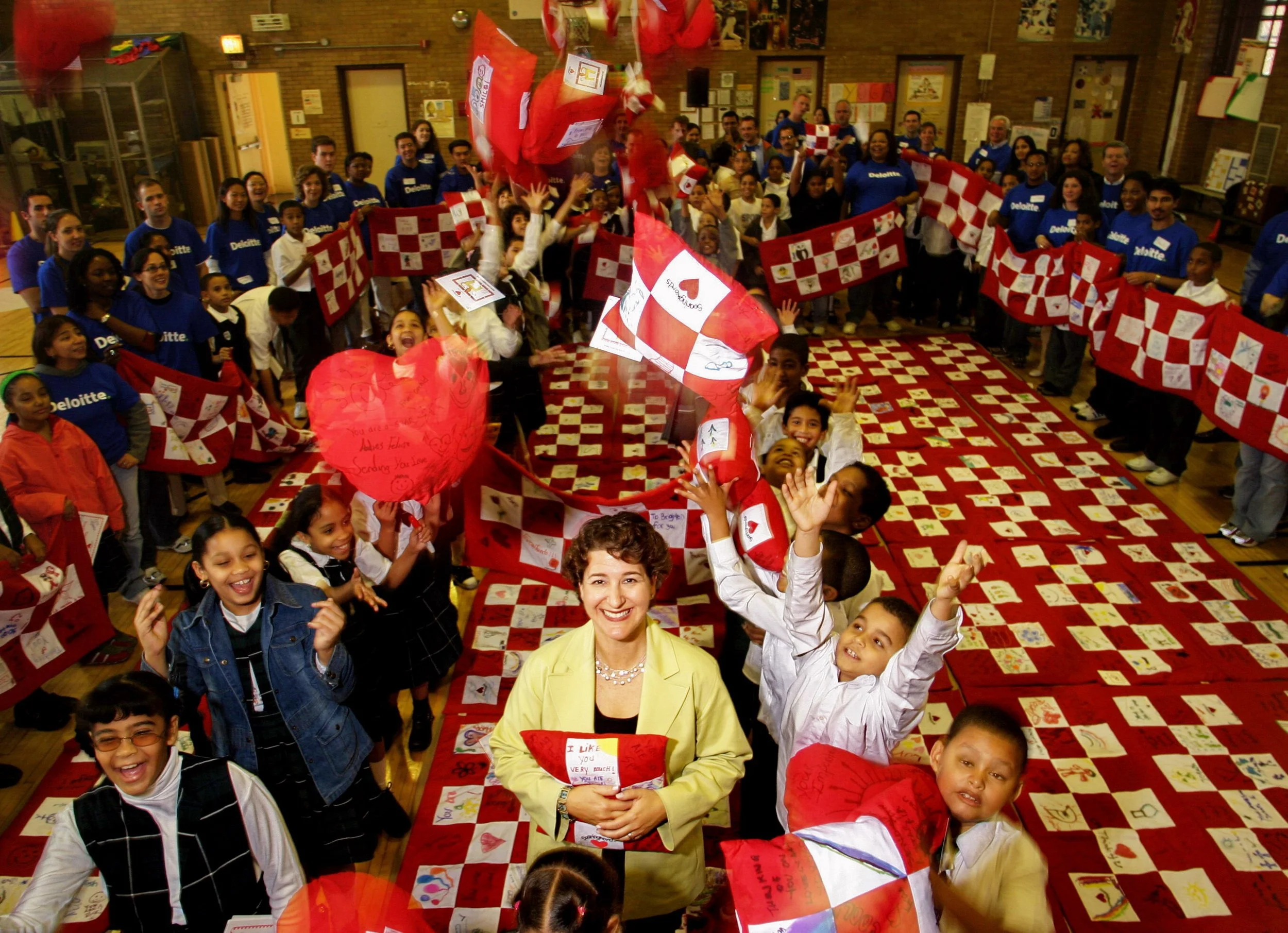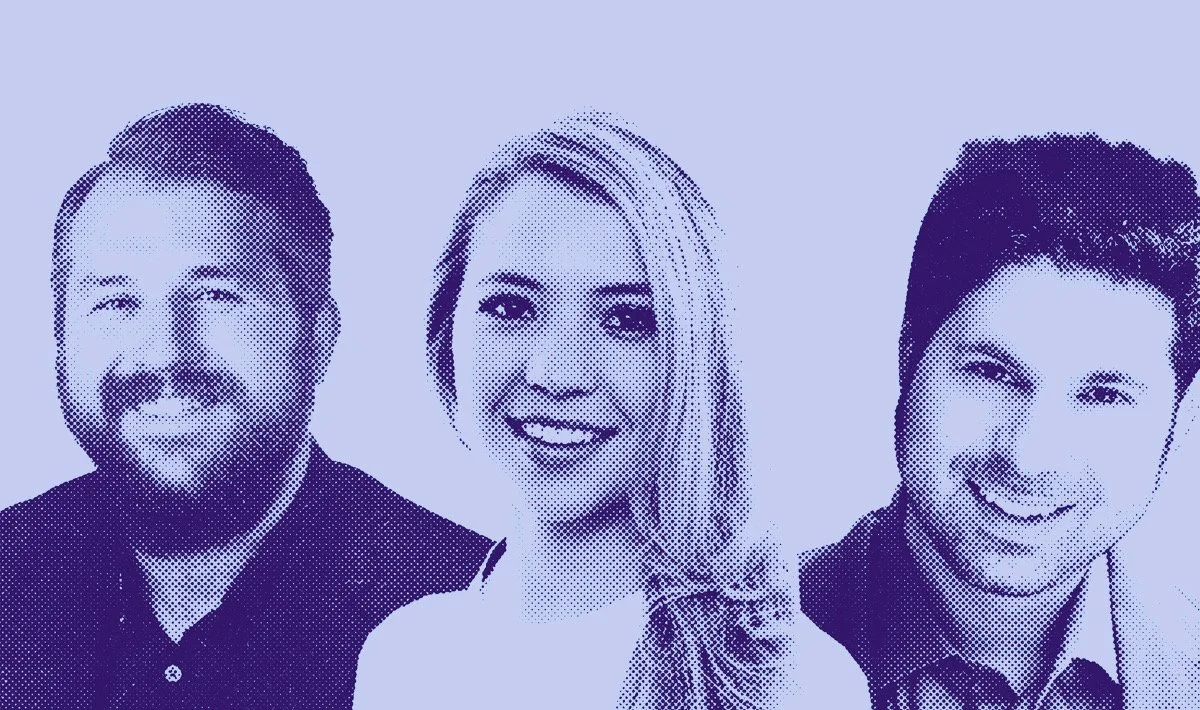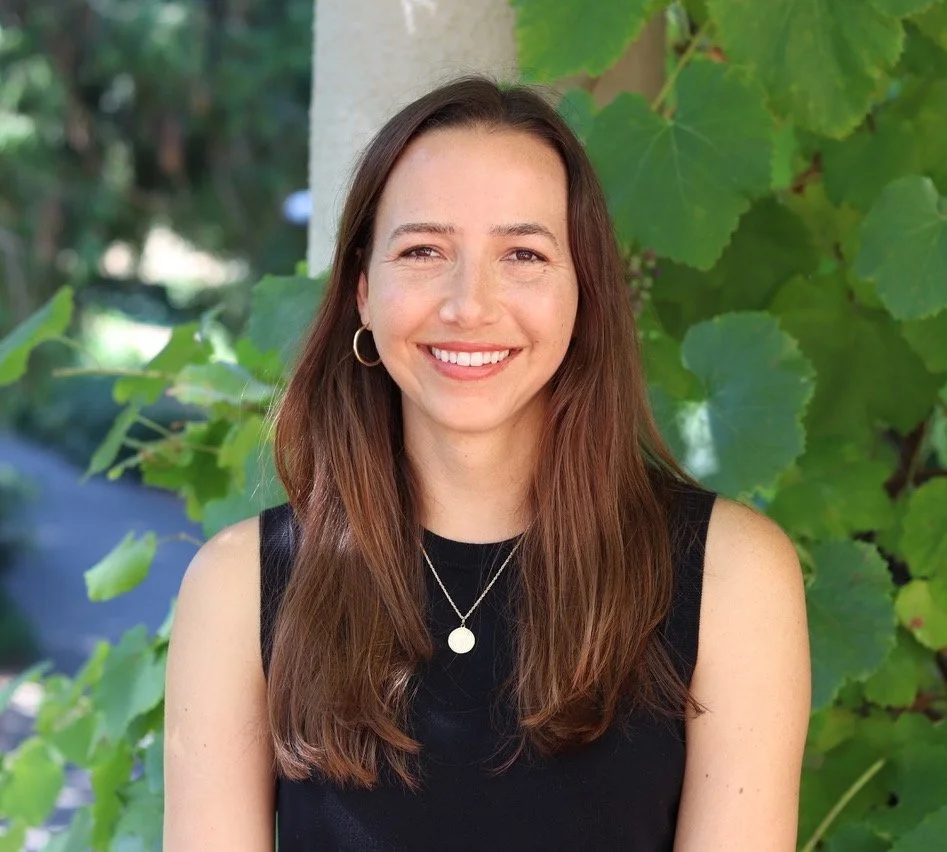Capitalizing on Positive Technology: An Interview with Lyle Ungar, PhD
/In a recent address to students in the Master of Applied Positive Psychology program at the University of Pennsylvania, field pioneer Martin Seligman (personal communication, April 23, 2023) commented that if he had an opportunity to do his studies again, he would explore the intersection of positive psychology and artificial intelligence (AI). Seligman is hardly alone in his fascination with AI. For example, just days after its launch in November 2022, consumer-facing AI chatbot, ChatGPT, which in response to prompts can generate humanlike text and conversation, hit one million users (Buchholz, 2023). Two months later, the application soared to 100 million users, and industry estimates suggest that as of last month, the site had 1.8 billion all-time views (Ruby, 2023).
Read More
























